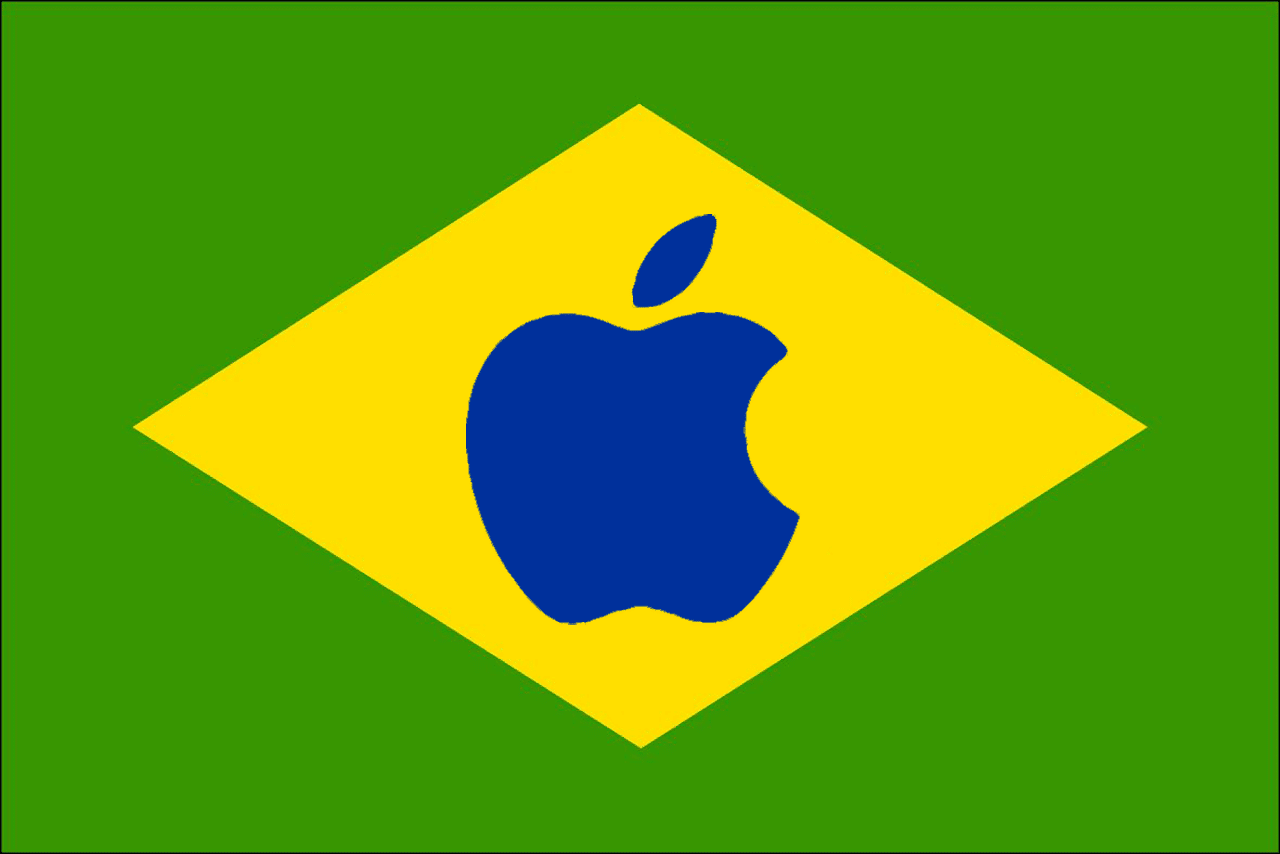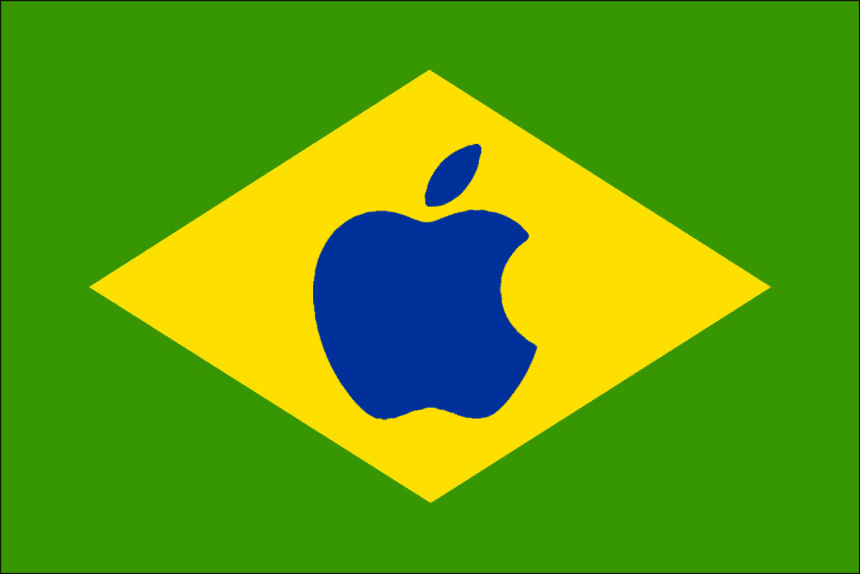Apple has filed an appeal against a ruling by Brazil’s antitrust regulator, CADE, which mandates the company to allow sideloading of apps and alternative payment systems. The decision stems from a 2022 complaint alleging Apple’s restrictive in-app payment policies. CADE ruled that Apple must lift these restrictions within 20 days or face daily fines of approximately $43,000.
Apple’s Privacy and Security Defense
In its appeal, Apple argued that the ruling poses significant risks to user privacy and security. The company highlighted the challenges of implementing such drastic technical changes within the 20-day timeframe, describing the deadline as unrealistic. Apple also emphasized that its App Store model has remained consistent for years, questioning the urgency of the decision.

Broader Implications and Global Context
This case is not the first time Apple’s App Store policies have come under scrutiny. Globally, Apple has faced regulatory challenges, including a landmark lawsuit with Epic Games in the U.S. and EU-mandated changes to enable third-party app marketplaces. Similar measures have been proposed or implemented in Japan and the UK, reflecting growing pressure on Apple to loosen its grip on app distribution.
What’s Next for Apple and CADE?
Apple’s appeal has placed the spotlight on the balance between competition and user protection. The Brazilian regulator has yet to respond to the appeal, leaving the future of this case uncertain. Industry experts speculate that the outcome could influence similar regulatory battles worldwide.
As the debate continues, Apple’s approach underscores its commitment to maintaining a secure and controlled app ecosystem while navigating increasing regulatory challenges. The final decision will likely set a precedent for how tech giants adapt to evolving antitrust landscapes.












